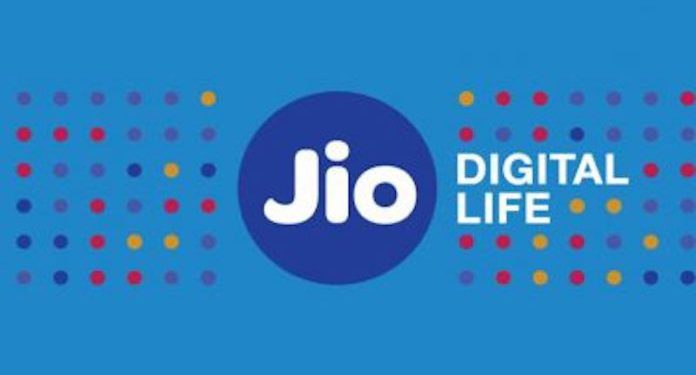Worried about getting too many missed calls on your Jio number? You are not alone. A large number of Jio users are experiencing it. That said, not all your phones were set to low volume when it rang. Read on to know what happened.
Following a spat between the telecom operators – Jio on one side and Airtel and Vodafone on the other – the ring time has been reduced to 25 seconds. Of course, without notifying the users.
Earlier, the ring time used to be 45 seconds and most users were accustomed to it since years. The sudden change in ring duration means the phones rings and calls often get dropped even before the users could answer them.
Here is what happened.
This has to do with the interconnect usage fee (IUC) or the ‘termination charge’. This is a charge paid to the operator on whose network the call terminates by the originating network.
As things stand, Jio is a net payer of termination charge is because Airtel and Vodafone have around 60% of 2G users who still need to pay for voice calls and therefore they give missed calls to Jio users who then call them back.
Airtel and Vodafone Idea are net revenue gainers in this respect, while Jio is a net payer of the charge. A shorter ring, Bharti Airtel has said, means more missed calls. This, in turn, would lead to more return calls to Jio’s network, enabling the latter to reduce its IUC payouts to incumbent telcos, Airtel argues.
That said, Jio rejected this reasoning, saying 15-20 seconds was a global norm. It adds that its network is being bombarded by missed calls from incumbent telcos because it offers free voice services.
The ringing time of 45 seconds was an accepted norm, but not backed by any regulation by the Telecom Regulatory Authority of India (TARI). However, recently Jio reduced it to 20 seconds for calls coming on its network. This was noticed by the incumbents who protested and complained to the Trai. Since, no action was taken initially; Airtel and Vodafone Idea too have cut the call ring duration.
Later, following the intervention of TRAI, all the operators including the Bharat Sanchar Nigam Ltd (BSNL) came to a consensus, and all barring Jio agreed to 30 seconds of ringing time. Jio said it would increase from 20 to 25 seconds. That said, in some of the circle, reports suggest that Airtel and Vodafone offer ring time of 25 seconds. The operators are yet to take a public stand on the ring time though.
Jio wanted ring time set at 25 seconds, saying 20 seconds was sufficient for a called party to respond, and that a longer duration wasted spectrum resources. It accuses older telcos of gaming the IUC regime, alleging that an outgoing call for the lowest class of 2G users for Airtel and Vodafone Idea costs as much as Rs 1.50 a minute. To avoid this cost, Jio argues, the subscribers of Bharti Airtel and Vodafone Idea and others give missed calls to Jio’s users to get a return call. This return call terminates on the incumbents’ networks, generating IUC revenue for them.







































